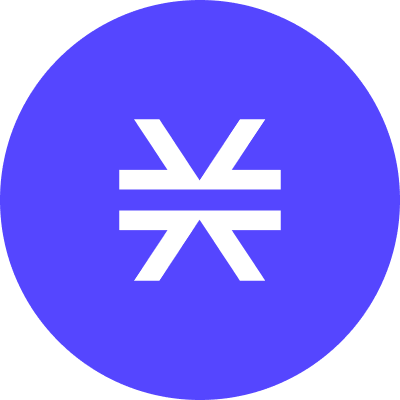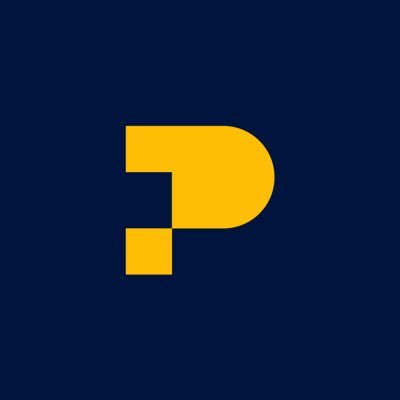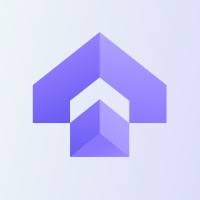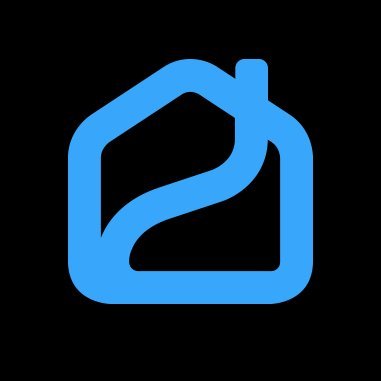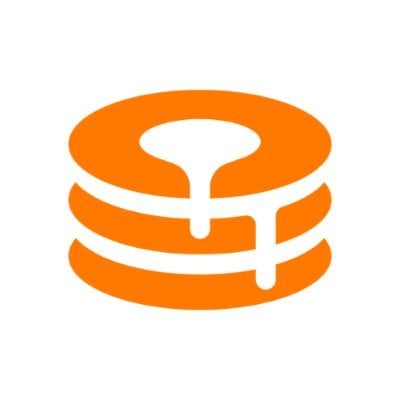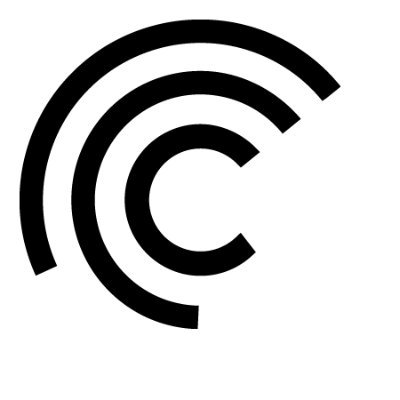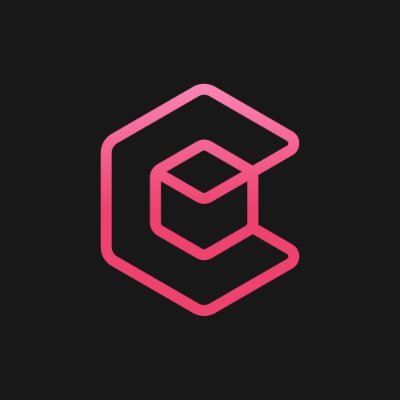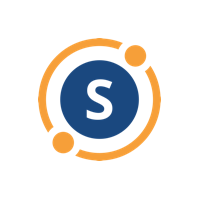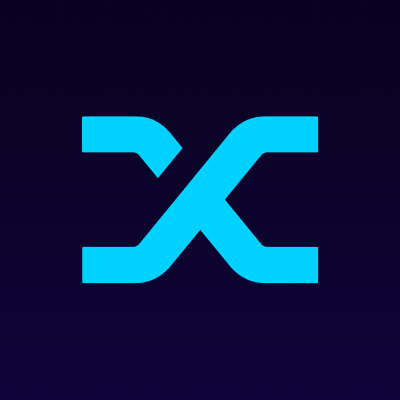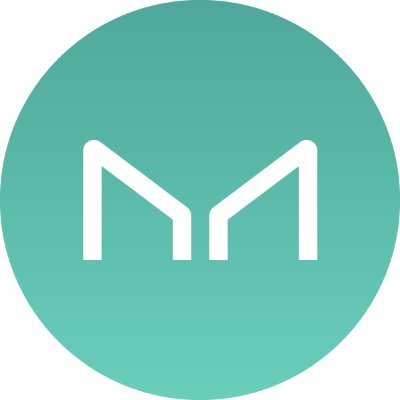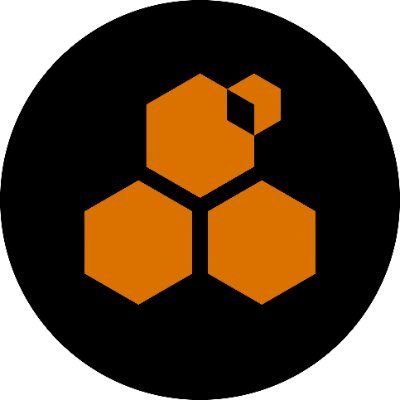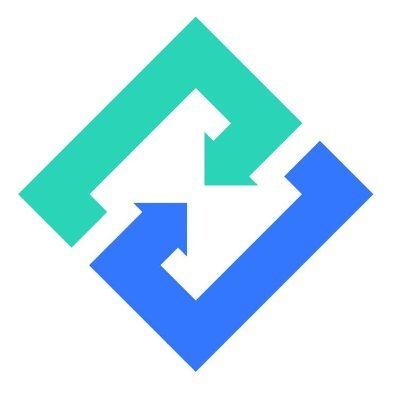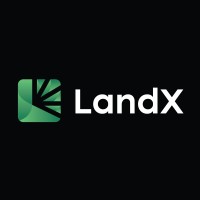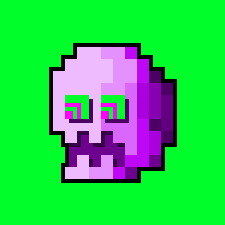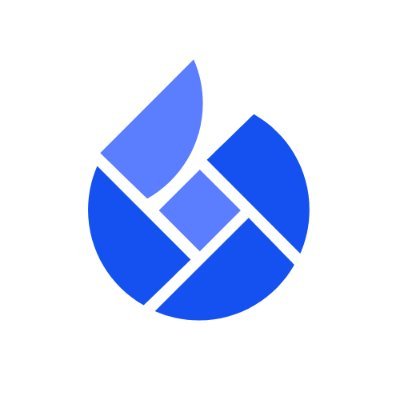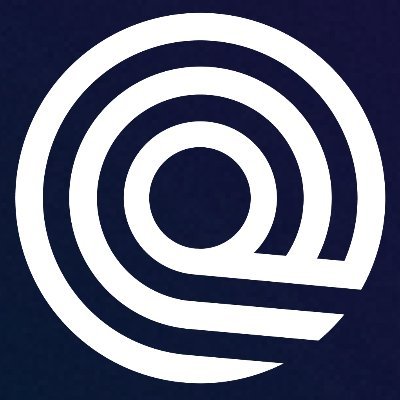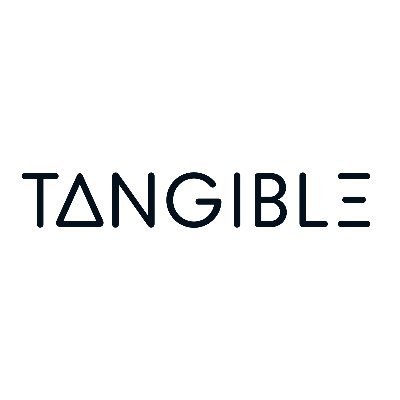Five key crypto narratives focused on at Token2049: Cyber Nation, Flatcoin, Account Abstraction, Bitcoin Narrative, RWA
Author: Hua Li Hua Wai
TOKEN2049 is a premier event in the cryptocurrency space, held annually in Singapore, where founders and executives of leading Web3 companies and projects share their insights on the industry. The recently concluded TOKEN2049 in Singapore highlighted some development trends in the crypto field that deserve our attention. Today, we will help you outline some innovations and summaries from this TOKEN2049. Additionally, I will provide corresponding projects for further research and reference.
Cyber Nation
Former Coinbase CTO Balaji mentioned the concept of Cyber Nation (which can be understood as a decentralized nation) at the conference.
Balaji stated: A cyber nation is a decentralized nation, just as Bitcoin is a decentralized currency. It has the population, income, and real estate footprint of traditional nations, but distributed around the world, interconnected. Like the islands in the region of Indonesia, these islands are physical land fragments separated by oceans, while the islands of a cyber nation are physical land fragments separated by the internet. Like Bitcoin, it is ubiquitous, which is actually its advantage; it is set up to resist and surpass traditional nations and their systems. In a sense, it simply instantiates DAOs into the physical world, allowing people not only to hold the same currency but also to live and build things together, etc.
Flatcoin
Coinbase co-founder and CEO Brian Armstrong introduced the concept of Flatcoin.
The goal of Flatcoin is to combat inflation, ensuring that the value of holders does not depreciate due to the inflation of fiat currency. To achieve this, Flatcoin optimizes its price stability based on various data (such as CPI or cost of living index) to ensure that the purchasing power of holders can match changes in living costs.
The Flatcoin space is still in a blue ocean market, with a representative project being Nuon Finance. The price of Nuon Flatcoin is soft-pegged to the current value of a basket of goods priced at $1, which includes a wide range of essential physical goods and services considered indispensable in modern society, including food, daily necessities, entertainment, tobacco and alcohol, clothing, housing, transportation, utilities, health, communication, education, etc., with each category divided into multiple subcategories and including multiple data sources. The Nuon protocol itself uses over-collateralization and arbitrage to maintain the peg while offsetting inflation for Nuon Flatcoin holders.
Account Abstraction
Ethereum founder Vitalik (known as V God) mentioned the concept of Account Abstraction at the conference. The concept of account abstraction has been detailed in our previous articles; simply put, it allows users to flexibly program higher security and better user experience into their accounts.
Currently, representative projects in the account abstraction space include: Argent, Braavos, BloctoApp, Plena Finance, etc.
Argent: The Argent wallet is a cryptocurrency wallet designed with a focus on security and usability. Its social recovery feature allows users to recover their wallets by connecting with trusted contacts, making it easier for users to recover their wallets without needing to remember complex mnemonic phrases or private keys. Additionally, the wallet uses its own developed Guardians smart contracts to automatically detect and prevent phishing attacks, malware attacks, replay attacks, etc.
Braavos: Braavos is an open-source account abstraction layer that provides a simple way to manage multiple accounts and offers a unified interface for applications.
BloctoApp: The newly launched Blocto wallet is fully compatible with ERC-4337, achieving account abstraction without requiring consensus layer changes to the protocol.
Plena: Plena Wallet is a non-custodial smart wallet designed for NFTs, the metaverse, and Web3, featuring single-point functionality, ease of exchange, and no need for native chain tokens.
Bitcoin Narrative
Regarding the Bitcoin Narrative, Nic Carter (known as the father of smart contracts) stated at the conference that he believes there is great potential in developing native stablecoins on Bitcoin.
Currently, representative projects based on the Bitcoin ecosystem include: RIF, Stacks, Tectum, etc.
RIF: RIF (Rootstock Infrastructure) is a platform built on Rootstock, aimed at providing developers with blockchain infrastructure and services, including domain names, storage, authentication, etc., to support the development and deployment of dApps. Rootstock is an EVM-compatible sidechain on Bitcoin, with its native token being a Bitcoin-pegged coin Smart BTC (RBTC), also used for paying transaction fees.
Stacks: Stacks can be considered a Layer 2 for Bitcoin (previously, Stacks also claimed to be Layer 1). It uses a pyramid stack, with Bitcoin as the base settlement layer, followed by Stacks which adds smart contracts and programmability, and at the top is Hiro, which enhances scalability and speed. It uses its own smart contract language Clarity and writes historical transaction records into the Bitcoin network.
Tectum: Tectum is a Bitcoin Layer 2 scaling solution that uses a Proof of Utility consensus mechanism.
RWA
The concept of RWA has been detailed in our previous articles; simply put, RWA refers to Real World Assets and the tokenization of real-world assets. According to statistics, the scale of RWA has recently exceeded $3 billion and has become a major focus of this Token2049. I believe that the future value of the RWA industry will reach $10 billion, and this field may provide early investors with massive returns of 20-50 times.
Next, I will categorize and highlight some noteworthy RWA projects.
The first category is projects related to Real Estate:
Realio: Realio Network is an interoperable L1 blockchain focused on the issuance and management of RWA tokens.
Propchain: Propchain is a blockchain-based real estate token investment marketplace that provides users with access to invest in the global real estate market, along with tools of various types, sizes, and valuations. Propchain addresses many issues faced by real estate investors in traditional markets, continuously acquiring new properties, and listing tokens after due diligence to ensure that there is always an investment option available on the platform, while also ensuring the safety and sustainability of the properties. Propchain allows investors to have a low investment threshold of just €1,000. All properties are managed by Propchain's property management team, allowing investors to simply collect rent from the properties.
Parcl: Parcl is a synthetic asset trading platform focused on real estate, providing price trends that can be invested in the global real estate market. Users can browse the global real estate market and go long or short based on their perceptions of real estate value fluctuations.
Homebase: Homebase is a real estate tokenization platform. Through Homebase, users can invest in rental-generating residential real estate for as low as $100.
Lofty AI: Lofty allows anyone to invest in real estate through tokenization on the Algorand blockchain for as low as $50. They use AI and market indicators to review properties, offering low fees and increasing liquidity. With Lofty AI, users can easily become property owners and earn rental income.
Blocksquare: Blocksquare is a solution for real estate tokenization built on Ethereum and IPFS. All types of businesses can use the API solutions provided by Blocksquare to digitize and fragment their real estate and provide trading services. All real estate owned by businesses can be partially or fully split into 100,000 tokens for investors to invest in, ultimately lowering the investment threshold for real estate.
Propy: Propy provides a blockchain and smart contract-based real estate transaction platform for buyers, sellers, and agents, facilitating instant transactions and reducing fraud.
The second category is projects related to Private Credit:
Maple: Maple is a decentralized credit protocol that provides unsecured loans to institutions. Investors can act as liquidity providers by depositing funds (USDC and $PL) into loan pools to fund loans and earn returns.
Goldfinch: Goldfinch is a decentralized credit protocol aimed at real-world debt funds and fintech companies. Investors can provide funds to loan company pools to earn interest.
Centrifuge: Centrifuge is an on-chain credit ecosystem designed to provide small and medium-sized business owners a way to collateralize their assets on-chain and gain liquidity.
Securitize: Securitize has pioneered a fully digital integrated platform for issuing, managing, and trading digital asset securities compliant with existing U.S. regulatory frameworks.
Curio Group: Curio is an RWA tokenization ecosystem, with products including Rollapp (RWA token creation platform), CurioInvest (tokenizing limited edition cars for joint investment and profit sharing), CSC (Swiss Franc stablecoin), CapitalDEX (RWA token DEX), and Wrapped Fractional Physical-NFTs (intellectual property tokenization).
The third category is projects related to Synthetic Assets:
Synthetix: Synthetix is currently the leading project in the RWA synthetic asset space, aiming to provide on-chain exposure to real-world currencies, commodities, stocks, and indices. Users can mint synthetic assets (Synths) by staking SNX, with Synths tracking the prices of various real-world assets.
MakerDAO: Maker is transitioning from a traditional DeFi protocol towards RWA. According to statistics, RWA revenue currently accounts for about 50% of Maker's total revenue.
Swarm: Swarm is the world's first organization to provide tokenized U.S. Treasury bonds and public stocks, which can be traded on a regulated decentralized platform. Swarm offers clients a hybrid model that combines the advantages of blockchain-based trading, such as flexibility, speed, and 24/7 risk management, with the trust and asset range typically enjoyed by traditional exchanges.
Horizon Protocol: Horizon is a synthetic asset platform on the BNB chain. Its synthetic assets, known as zAssets, can track price movements and risk-return conditions of traditional assets like stocks, commodities like gold and oil, currencies like USD or EUR, and crypto assets like Bitcoin. Users can stake their HZN to mint synthetic assets zAssets and earn interest.
LandX Finance: A permanent commodity insurance vault protocol. LandX currently focuses primarily on financing in the agricultural sector, providing funds to real-world farmers in exchange for their permanently legal crop collateral. The farmers' crops are proportionally represented on-chain, becoming ERC20 tokens stored in LandX's commodity vault (in the form of minted xTokens), which can provide investors with inflation-hedged returns, meaning investors can earn returns by holding xTokens and their daily yield. Each staked xToken generates a cToken annually. The cToken price is pegged to the price of one kilogram of the underlying commodity. At any time, holders can convert accumulated cTokens to USDC at market price. Each xToken vault is backed by crop shares from high-yield farmland.
Poison Finance: Poison is a relatively new protocol currently offering stock, commodity, and ETF services on Arbitrum, BSC, and ETH.
In addition to the three main categories above, there are also some RWA-related projects worth our attention, such as:
DigiFT: DigiFT is dedicated to providing investors with a comprehensive trading platform that supports RWA tokenization. It also operates a decentralized digital asset exchange within the Monetary Authority of Singapore (MAS) fintech regulatory sandbox.
Backed Finance: Backed can bring real-world securities on-chain in a wrapped form, granting token economic rights. However, its tokenized assets are merely tokens tracking the price of underlying assets and do not include a range of rights traditionally held by securities, such as voting rights.
Ondo Finance: Ondo is a blockchain service company that can create and manage institutional-grade financial products, such as U.S. government bonds and money market funds, and build DeFi protocols around these products.
Tangible: Tangible is an RWA tokenization project that provides users with access to RWA tokenization by launching the native yield stablecoin Real USD. RWA physical assets include but are not limited to artworks, fine wines, antiques, watches, and luxury goods.
StrikeX: StrikeX is an RWA tokenization ecosystem, with products including TradeStrike (RWA CEX), Stock Token Bridge (RWA token creation platform), StrikeX wallet, TradeX (RWA DEX), Xchain (a private blockchain serving the StrikeX ecosystem), and STRX (the native token of the StrikeX ecosystem).
Mauve: Mauve is a DEX specifically designed for trading compliant and real-world assets. It is a new project that has just launched. Mauve is a subsidiary of Violet, a compliance and identity infrastructure platform supporting decentralized finance (DeFi), backed by the digital asset division of hedge fund giant Brevan Howard and the venture capital division of cryptocurrency exchange Coinbase.
HiYield: HiYield is a relatively new protocol that serves as an aggregator for on-chain capital markets, providing diverse asset opportunities for everyone and achieving investment democratization.
That concludes all the content shared today through "Hua Li Hua Wai." Let's summarize and review: this article primarily outlines several key crypto narratives mentioned by crypto leaders at the TOKEN2049 conference, namely Cyber Nation, Flatcoin, Account Abstraction, Bitcoin Narrative, and RWA. Additionally, it lists some noteworthy projects in the corresponding fields.





